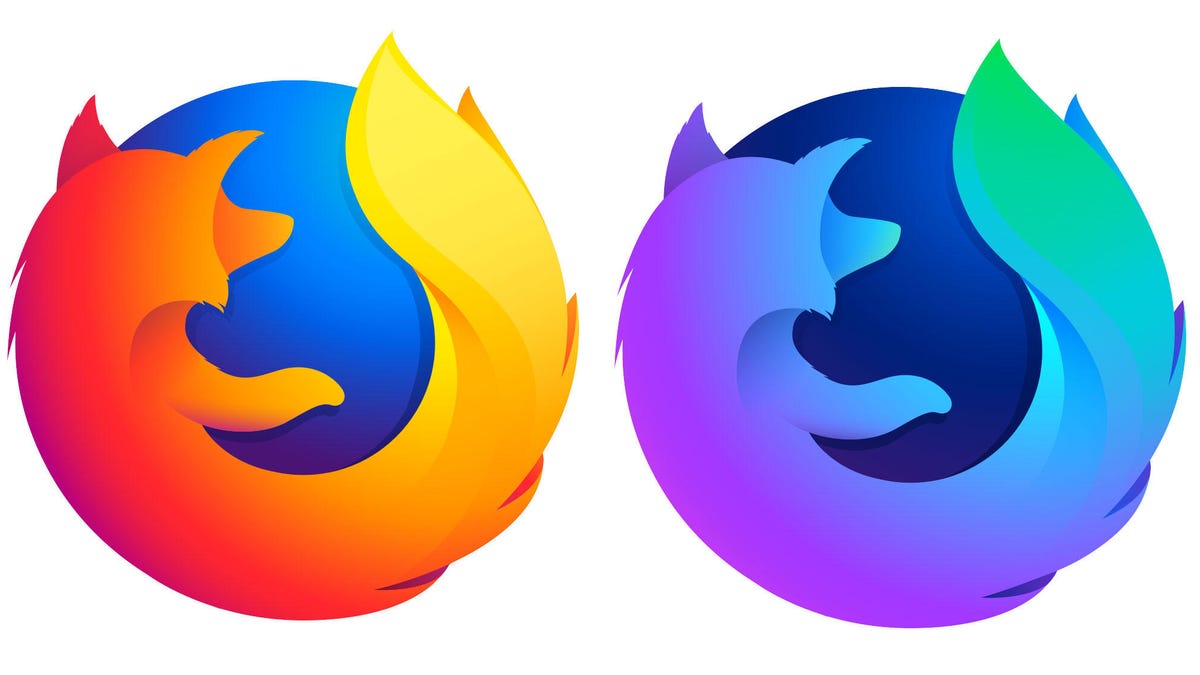Firefox for iPhones now stops websites from tracking you
Mozilla makes a privacy-protecting option the new default for its web browser running on iOS devices.

Icons for the regular and rapidly updated Nightly versions of Firefox.
If the Facebook privacy scandal has you freaked out, you might be interested to know that Firefox for iPhones and iPads now blocks websites from tracking your online behavior.
Mozilla's browser has an option called tracking protection that blocks tracking software embedded in websites -- from website publishers, advertising companies and tech giants like Google and Facebook. Now that option is enabled by default on mobile devices powered by Apple's iOS software, Mozilla said Thursday.
"At Mozilla we've always believed it's important to respect people's privacy and give them the control to decide which information they want to share, and what information they don't," said Nick Nguyen, vice president of Firefox, in a blog post. "Now more than ever consumers are demanding this from the companies with whom they share their data."
Indeed, Facebook is embroiled in a controversy stemming from its deeply personal knowledge gathered about you and 2 billion other people who use its service. In Facebook's case, much of the data is what you yourself supply, but tracking technology also keeps tabs on you involuntarily, for example showing ads on Facebook for a company whose website you recently visited. And there are many other advertising-funded sites in operation you've never even heard of.
Tracking protection is increasingly common among browsers. The Brave browser, from Mozilla co-founder Brendan Eich, blocks all trackers. And Apple's Safari uses technology called intelligent tracking prevention to block software from tracking you as you browse different websites.
It's not yet clear whether Mozilla plans to expand its use of tracking protection, but that's a possibility.
"We will evaluate the opportunity to do this more broadly based on usage for the iOS version," the nonprofit said in a statement.
Tracking protection has a bonus side effect: It can speed up websites and keep them from draining as much of your battery power. Mozilla enables the feature by default in Firefox for Windows, MacOS and Android only for private tabs.
Sometimes disabling tracking can cause problems with websites, but Mozilla published a surprising result in January after broad testing: Firefox users with tracking protection enabled reported fewer website problems.
Tens of millions of people use Firefox on personal computers, but it remains a rarity on smartphones and tablets where Safari and Google's Chrome are built-in options.
First published April 12, 1:30 p.m. PT.
Update, 5:31 p.m.: Adds details about the possibility Mozilla could expand the use of tracking protection.
CNET Magazine: Check out a sample of the stories in CNET's newsstand edition.
Cambridge Analytica: Everything you need to know about Facebook's data mining scandal.

